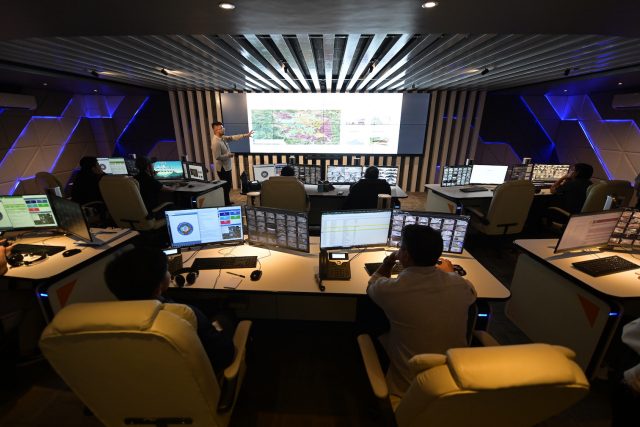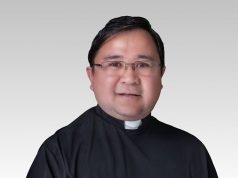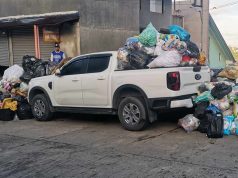More local organizations will soon be adopting sustainable smart technologies in the future, according to digital solutions company Cisco.
Viswanathan Iyer, Vice President of Architectures at Cisco Asia-Pacific, Japan and Greater China, said this in a media launch about the company’s Next-Generation Environmental Sustainability Strategy called “The Plan for Possible” on Friday, September 22.
“We’re really excited about the Philippines as a market,” Iyer said in a statement.
He also noted that Cisco found “like-minded partners” in the country in terms of the goal of having a sustainable future.
“We’re working with a number of private and public entities and also very strong like-minded partners,” Iyer said.
Cisco has partnered with two local private and public organizations — Mapua University and Baguio City government.
This month, Mapua tapped the tech giant to co-develop the country’s “first digital classrooms” using its diverse range of artificial intelligence (AI)-powered collaboration tools.
This initiative aims to optimize the school’s hybrid learning setup for both students and teachers.
Under this partnership, Cisco will provide Mapua with its tools, which include:
- Cisco Webex Meeting Suite
- Webex Boards and devices
- Meraki Wireless and Smart Cameras
Baguio City, meanwhile, built its Smart City Command Center with Cisco.
READ: Baguio makes ‘Smart City’ vision come true with new command center
Inaugurated in September 2021, Baguio City’s command center is also equipped with the tech firm’s technologies to help the provincial government deliver its services to its residents and visitors.
These include “industrial and network switches, data center architecture, as well as firewalls, and advanced threat detection response tools, ensuring that the command center is secure from end to end at all times.”
Both initiatives are part of Cisco’s Country Digital Acceleration (CDA) program in the Philippines, UGNAYAN 2030.
Philippines’ sustainability framework
In a statement, Zaza Soriano-Nicart, Managing Director, Philippines, Cisco, lauded the country’s development of the Resiliency Framework for Environment and Natural Resources last October.
She considered it as proof that sustainability is a “priority” in the national government’s agenda.
“Sustainability has become a top priority on the Philippine government’s agenda, with the recent launch of its Resiliency Framework for Environment and Natural Resources which aims to drive existing climate action and resilience initiatives of local government units in the country,” Soriano-Nicart said.
The Department of Environment and Natural Resources defined the framework as “an integrated framework for multi-stakeholder strategic engagement in ENR [environment and natural resources].”
The framework under the DENR has yet to be completed as of last January.
Cisco’s sustainable plan
During the virtual launch, Cisco’s “The Plan for Possible” strategy was described as “an ambitious and comprehensive environmental sustainability strategy that aims to build a regenerative future.”
Part of this strategy is achieving a Net Zero goal across the company’s value chain by 2040, incorporating circular design principles into 100% of its new products by 2025, and investing in communities to help them adapt to climate change.
Mary de Wysocki, Chief Sustainability Officer at Cisco, told reporters about the urgent need to help communities and the planet through smart technologies.
“With Cisco technology, we are helping power the world with affordable clean energy through digitizing smart grids and smart buildings, we are designing out waste by re-building products from used ones, and we are using the Internet of Things (IoT) to protect the world’s biodiversity,” she said.










